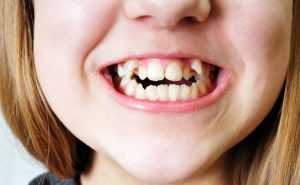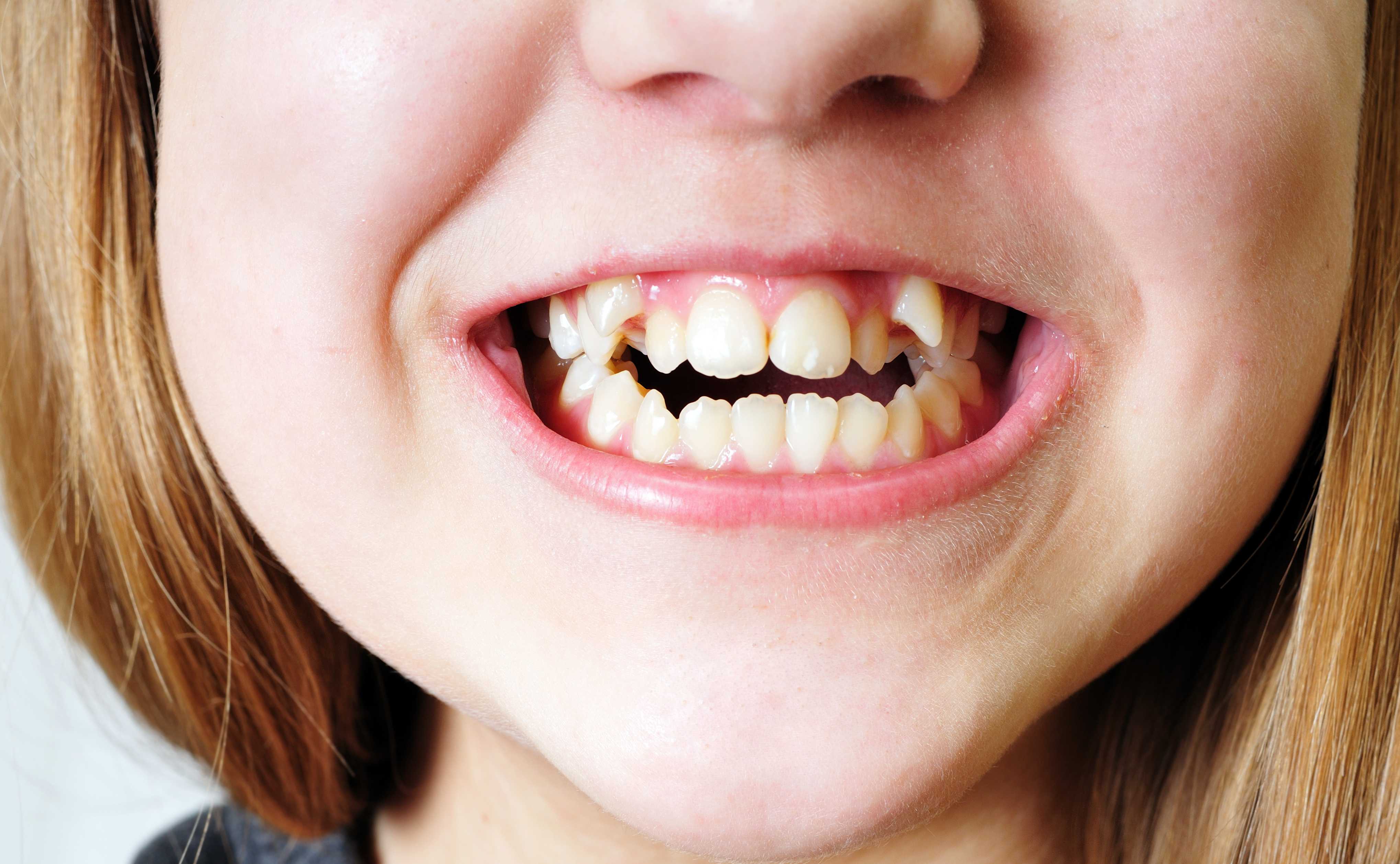Disclaimer: This website provides health information for educational purposes only and is not a substitute for professional medical advice, diagnosis, or treatment. Always seek the guidance of a qualified healthcare provider with any questions you may have.
 Having a set of crooked teeth is often seen as a cosmetic problem that can make people feel self conscious about how they look and may affect their self esteem. Unfortunately, if you have twisted, crooked or overlapping teeth, the problem does not just affect your appearance. It can also result in more devastating impact to your overall health.
Having a set of crooked teeth is often seen as a cosmetic problem that can make people feel self conscious about how they look and may affect their self esteem. Unfortunately, if you have twisted, crooked or overlapping teeth, the problem does not just affect your appearance. It can also result in more devastating impact to your overall health.
Crooked Teeth, Not Just Unsightly
Having crooked teeth and misaligned bites make cleaning the teeth difficult, which increases risk for cavities, decay and gingivitis. Left untreated, these conditions may cause mouth sores, bleeding gums, bad breath, and even loss of teeth.
Oral Infections and Potentially Fatal Health Conditions
Misaligned teeth can lead to oral infections that can contribute to the development of serious health problems. Studies, for instance, have shown that the bacteria that are present in periodontal disease can spread to the heart increasing risk for stroke and cardiovascular disease, conditions that can be potentially deadly.
Treatment for Misaligned Teeth
Crooked teeth can be solved by orthodontic treatments. Dentists and orthodontists may recommend that you wear braces manufactured by laboratories such as Orthodenco Orthodontic Lab, which are commonly used to fix misaligned teeth.
Aligners, which are made of clear plastic or acrylic material, are also a good option. They are considered as a more hygienic alternative to using braces, as well, since they can be easily removed before eating or brushing the teeth.
In some cases, dental health professionals need more than the help of appliances from orthodontic laboratories as there are patients whose conditions require surgery.
More Beautiful Smile
Having correctly aligned teeth won’t just make you look better. It can also address issues that may cause speech and chewing problems.
Treatments can result in healthier and beautiful smiles, particularly when given early. If you are older, treatment may take longer, but remember that no one is too old to improve their dental health.




